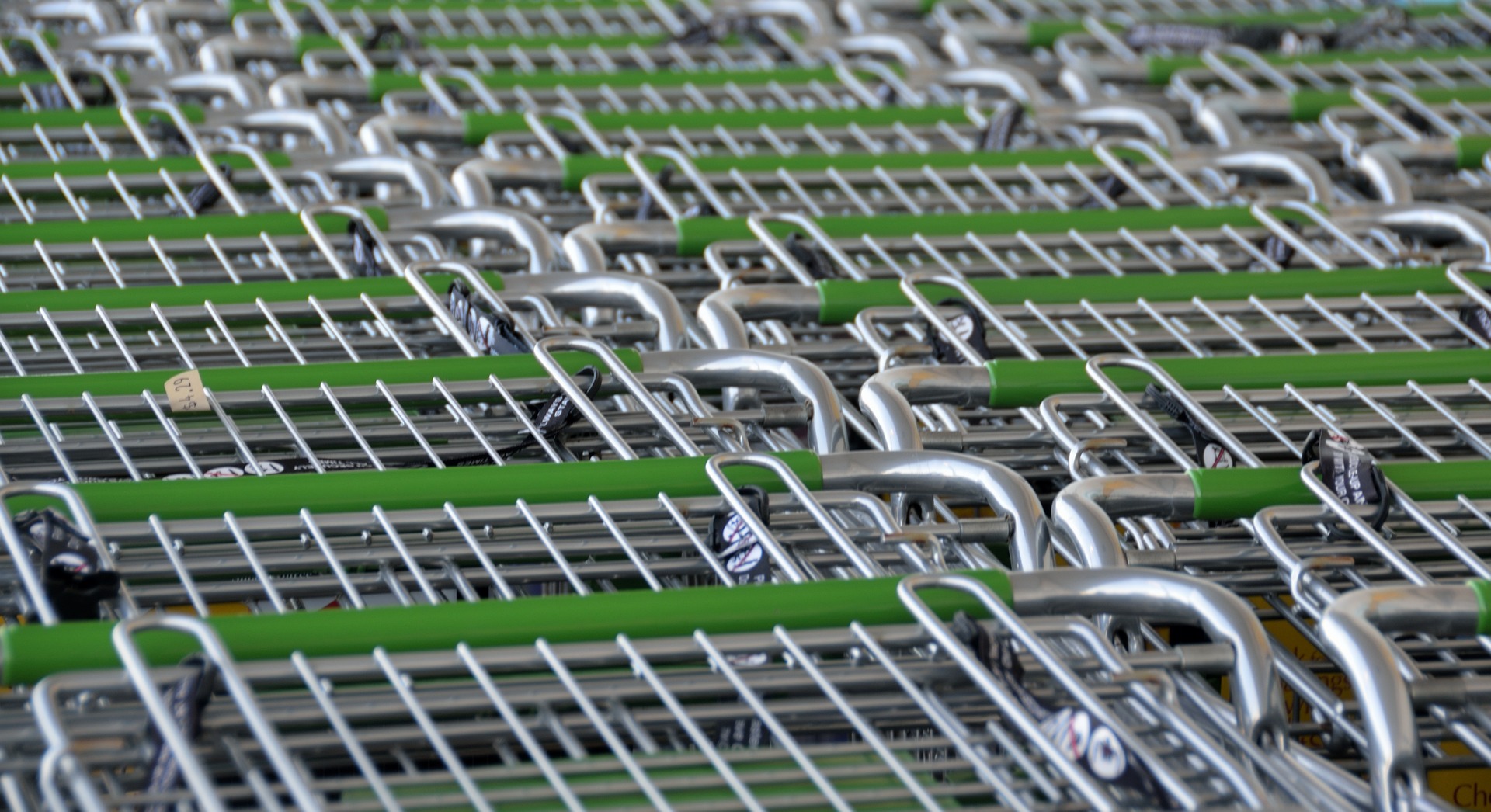The world's largest retailer, Walmart, is planning to invest up to $200 million in self-driving forklifts as part of a broader initiative to automate its warehouse operations.
This move, first reported by Reuters, highlights Walmart's strategy to boost profits and maintain its competitive edge against rivals such as Amazon.
The American retail giant has already invested $25 million in Fox Robotics, an Austin-based startup, and intends to purchase potentially hundreds of autonomous forklifts, known as "FoxBots". These machines are designed to move pallets of goods in Walmart's distribution centres, which supply its stores across the United States.
The rollout is expected to occur in stages over several years, contingent on Walmart's satisfaction with the technology's performance. The company has already piloted the FoxBots and announced plans to deploy at least 19 units across four facilities.
Camille Dunn, a Walmart spokesperson, declined to comment on the $200 million spending plans but referred Reuters to the company's April announcement about the pilot programme. She emphasised that deployments are "an evolving process" from proof of concept to rollout.
The investment in autonomous forklifts is part of Walmart's broader focus on robotics to improve store replenishment, manage costs, and maintain low prices for consumers. Analysts from Jefferies estimate that the company could add $20 billion to its profit before interest and taxes by fiscal 2029, thanks to its efforts in automation and artificial intelligence.
David Guggina, executive vice president of supply chain operations at Walmart US, told the news wire that automation has created new technical roles for associates and other employment opportunities, rather than leading to job cuts. He added that it reduces physically demanding work, resulting in "substantially low turnover".
According to Fox Robotics, a single human operator can manage up to six autonomous forklifts simultaneously, potentially saving as much as 40 per cent on labour costs. However, some experts caution that the long-term feasibility of robotics in retail remains uncertain.
Walmart's move towards automation comes as the retail sector grapples with challenges in staffing warehouse and other blue-collar jobs. The company's investment in Fox Robotics follows a similar deal with Symbotic in 2022 to implement automation in 42 distribution centres.
Latest News
-
Tesco on track to open 70 express stores including at former Amazon Fresh sites
-
Wayfair introduces flexible payment options for Canadian and UK customers
-
Tim Hortons and Burger King operator rolls out forecasting tech in southern Europe
-
Morrisons deploys real-time engagement platform in stores to boost personalised promotions
-
Frasers Group acquires majority stake in Italian sports retailer Maxi Sport
-
Lidl invests £29m in latest pay increase
Beyond Channels: Redefining retail with Unified Commerce
This Retail Systems fireside chat with Nikki Baird, Vice President, Strategy & Product at Aptos will explore how unified commerce strategies enable retailers to tear down these barriers and unlock new levels of operational agility and customer satisfaction.
The future of self-checkout: Building a system that works for consumers and retailers
In this webinar, industry leaders discussed what the future of self-checkout looks like and how retailers can make the technology work for everyone.
© 2024 Perspective Publishing Privacy & Cookies



 (1).jpg)






Recent Stories